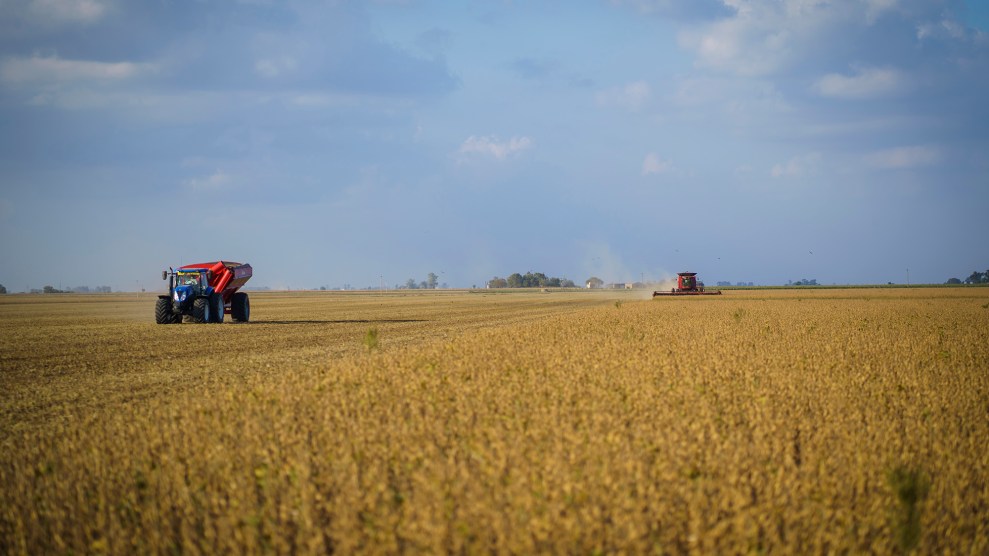A team of researchers recently carried out a study of two food deserts in poor Philadelphia neighborhoods. One of the neighborhoods got a new supermarket and the other didn’t. Here’s the good news:
Respondents perceived grocer choice and quality and fruit and vegetable choice and quality to have improved, and the cost of fruit and vegetables was perceived to have decreased.
And here’s the bad news:
Few residents adopted the new supermarket as their main food store, and exposure to the new supermarket had no statistically significant impact on BMI and daily fruit and vegetable intake at six months….At the planning and consultation stages, members of the community indicated their preference for having a new supermarket instead of selling the
land for residential development. This suggested their readiness to use the new store and the lowering of barriers to change. However, few residents chose to shop at the store once it was open.
….Our findings suggest that simply building new food retail stores may not be sufficient to promote behavior change related to diet….The development of new food retail stores should be combined with initiatives focused on price and availability that could help bridge the gap between improvements in people’s perceptions of accessibility and behavior change. Such initiatives might be supported by local departments of health, which could provide targeted neighborhood-based health promotion programs in conjunction with supermarket developers to increase their effectiveness.
All the usual caveats apply. This is one study of one store in one neighborhood. And it’s possible that it takes more time to change behavior. A follow-up done six months after the new store opened may simply have been too soon.
Nonetheless, it adds to an increasing set of data suggesting that food deserts per se aren’t the reason for obesity and poor nutrition in low-income neighborhoods. There’s much more going on, and it’s especially discouraging that residents plainly knew about the new supermarket but still didn’t shop there. Even a highly publicized grand opening featuring a visit from Michelle Obama wasn’t enough. It was a struggle just to get local residents to change their shopping habits, which is almost certain to be a lot easier than getting broad-based changes in actual eating habits.
Aaron Carroll has more here. There’s no real way to spin this as anything but fairly bleak news, though.


















